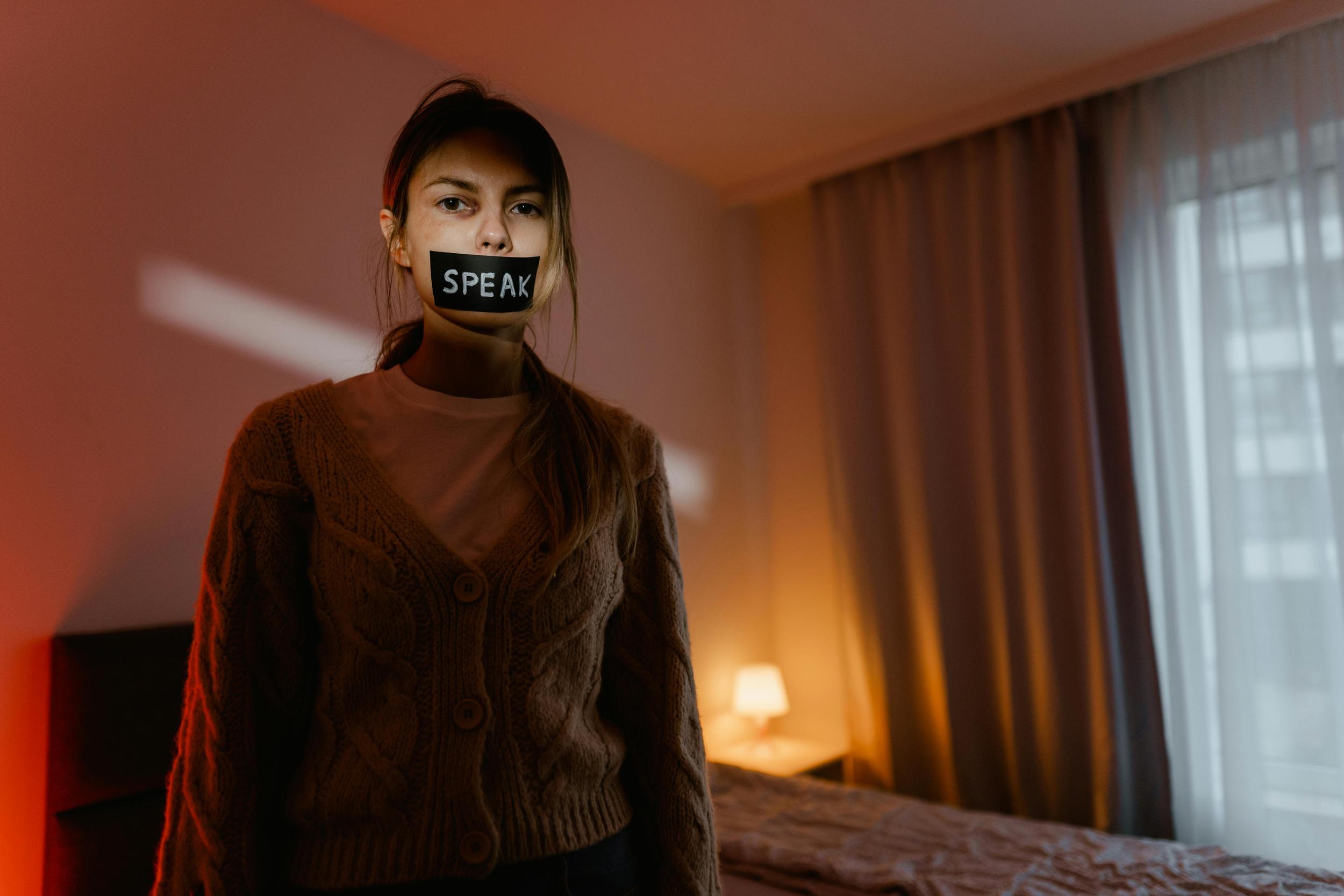
Syria witnessed a major change in December 2024 when opposition forces, led by Hayaat Tahrir Alsham, seized power and forced Assad to flee to Mosco ending fifty-five years of the Assad family rule. However, women and girls continue to face not only the physical and social consequences of war and its aftermath, but also an old-new, fast-growing threat — online gender-based violence.
Known as technology-facilitated gender-based violence (TFGBV), this phenomenon has spread across the country’s digital spaces, where the lack of laws, social stigma, and weak institutions leave survivors unprotected. Add to this, the division along sectarian, ethnic and political lines seem to have fueled this phenomenon further according to the Arabi Facts Hub, a New Work based nonprofit that monitor digital spaces in MENA.
Digital tools that connect Syrians to education, aid and work and enable political participation and dialogue have also become tools of abuse. According to the ACAPS–UNFPA report (2023), TFGBV in Northwest Syria is widespread protection crisis. Women and girls — especially those who are young, unmarried, or displaced — are targeted through acts like hacking, blackmail, sextortion, impersonation, cyberstalking, and defamation. These attacks often start online but spill into real life, leading to sexual violence, social exclusion, and even so-called “honour killings”. One case documented in Idleb involved a woman murdered by her brother after false photos circulated on social media — a tragic reminder that digital violence in Syria can be deadly.
Research by the SecDev Foundation (2023) shows that nearly 60% of Syrian women have experienced online violence, mainly on Facebook and WhatsApp. Women activists, journalists, and humanitarian workers face the harshest attacks-coordinated defamation campaigns, fake accounts, and digital blackmail-designed to silence their voices. In displacement camps, widows and female heads of households are particularly vulnerable.
Scammers and even phone technicians have been found stealing photos and private data to extort money or sexual favours. With Syria’s economic collapse and very slow recovery prospects, digital blackmail has become a survival tool for some perpetrators.
The UNFPA’s Whole of Syria GBV Advocacy Brief (2024) confirms that tech-facilitated GBV is one of the fastest-growing forms of violence nationwide. Victims are harassed, shamed, or blackmailed through messages and photos- often by people they know. Adolescent girls, widows, and divorced women are most at risk because of isolation, poverty, and fear of scandal.
Many survivors suffer depression, anxiety, or suicidal thoughts- and some lose jobs, education, or housing after online defamation. A shocking 89% of women surveyed by SecDev reported psychological distress linked to digital abuse, while nearly a quarter had considered suicide.
Across all regions of control, perpetrators of online abuse act with near-total impunity.
There are no unified cybercrime laws protecting women, and existing ones are poorly enforced or used to suppress free speech. In many cases, women are blamed for the violence they experience-discouraged from reporting incidents out of fear of shame, family punishment, or even arrest. The result is silence: over 80% of survivors choose not to report their abuse. Many delete their accounts or adopt pseudonyms to avoid further harm, withdrawing from the very online spaces that could empower them.
TFGBV is not just a social issue - it is also a humanitarian protection risk. As aid agencies rely more on digital tools to deliver services and communicate with beneficiaries, unsafe systems can expose women to surveillance, data theft, and exploitation. The ACAPS–UNFPA study warns that weak data protection and power imbalances in aid delivery can turn humanitarian systems themselves into vectors of digital abuse. At the same time, Safe Spaces for women and girls — critical lifelines offering psychosocial and legal support — have been closing due to funding shortages. The UNFPA 2024 brief highlights a steep decline in available GBV services, leaving survivors with nowhere to turn.
Despite these challenges, Syrian women and civil society continue to fight back.
Digital safety networks offer awareness sessions, case support, and online safety training for women and girls. Yet the need far outweighs the available resources.
A lot work can and need to be done in order to address TFGBV in Syria. Safe spaces need to be expanded and digital safety as a basic right and psychosocial care need to be integrated into services and awareness efforts. The victims and target of TFGBV must be the centre of any cybercrime legislation and engaging men in conversations around GBV is crucial to create a cultural shift. Efforts to promote digital literacy amongst men and women are very important as they promote a shared responsibility that stems from the principles of good digital citizenship. And finally, ensure that technologies and systems used by civil society and humanitarian actors are gender-sensitive to counter the possibilities of abuse.
Online gender-based violence in Syria is not just a “digital” problem. In fact, it reflects the same patriarchal norms, inequalities, and impunity that sustain violence offline.
Syria, as it heads into a new area after fourteen years of revolution and war, stands at a crossroads: technology can either deepen women’s exclusion or become a tool for empowerment.
Ending TFGBV requires more than laws. it demands solidarity, education, and a cultural shift that blames perpetrators, not survivors.
References: